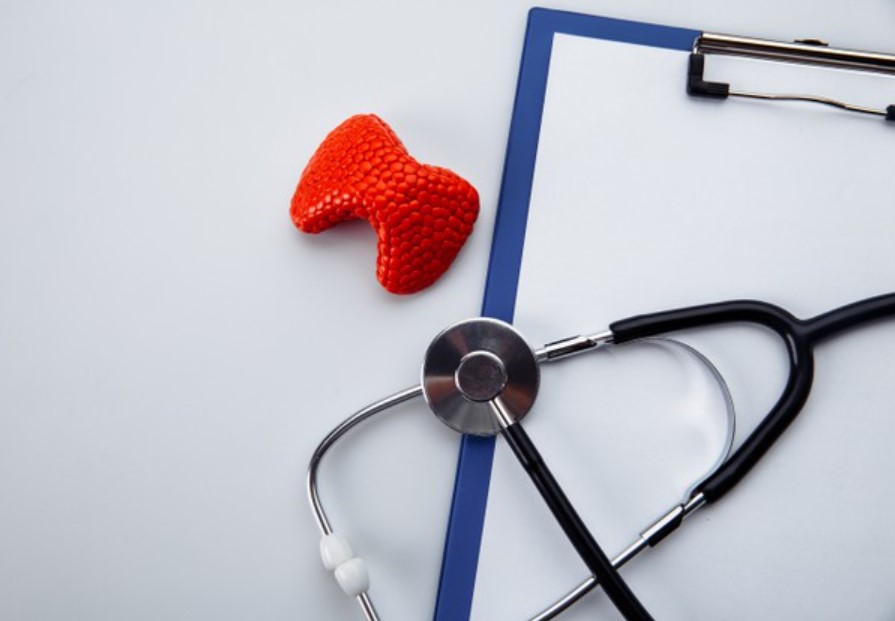Pregnancy causes significant changes in thyroid hormone levels and affects the function of the thyroid gland even in women who do not have thyroid disease. In addition to these physiological changes, thyroid dysfunction can affect pregnancy as well as the development of the fetus. These reasons make it necessary to closely monitor thyroid function during pregnancy in women with known thyroid disease.
Thyroid function test in pregnancy
Thyroid disease is common in women in reproductive age and affects 4-7% of pregnancies. The diagnosis of thyroid disease is easy and reliable by measuring hormones in the blood, and there is available treatment. Therefore, a basic thyroid function test is recommended for all pregnant women in the first trimester of pregnancy; this will include a measurement of Thyroid-Stimulating Hormone (TSH) and free hormones T3 and T4. Moreover, it is necessary to check thyroid function as soon as pregnancy is confirmed when there is:
– Family history of thyroid disease
-History of infertility or first trimester miscarriages
– History of thyroid disease
-History of another autoimmune disease
– The pregnant woman is taking medication for her thyroid
-Swollen thyroid (goittre) in clinical examination
– Symptoms or signs of suspected thyroid dysfunction
It is also important to note that about 7% of women who did not have a problem before pregnancy may develop some thyroid dysfunction a year following pregnancy, hence thyroid examination is recommended at the first visit to the gynecologist, about 6-8 weeks after delivery.
IODINE AND PREGNANCY
The most common cause of underactive thyroid worldwide is the insufficient consumption of iodine, which is necessary for the thyroid hormones’ production. Its severe insufficiency can lead to hypothyroidism in both pregnant woman and the fetus and subsequently lead to a neurodevelopmental delay to the fetus, known as cretinism.
According to the World Health Organization (WHO) recommendations, taking iodine during pregnancy and breastfeeding is essential. It is recommended that women of childbearing age should consume at least 150 mcg daily before pregnancy. During pregnancy when the requirement for thyroid hormone production is particularly the iodine requirements should be at least 150-200 mcg per day. Breastfeeding women should consume about 250 mcg of iodine per day. Further caution is needed in women with a history of hyperactive thyroid, who should discuss iodine intake with their endocrinologist.



